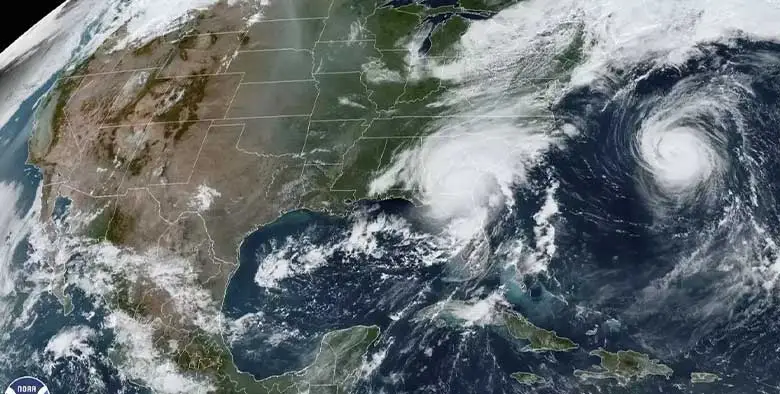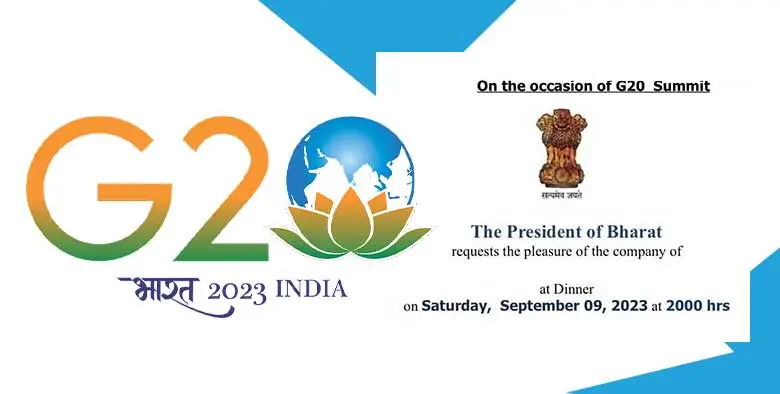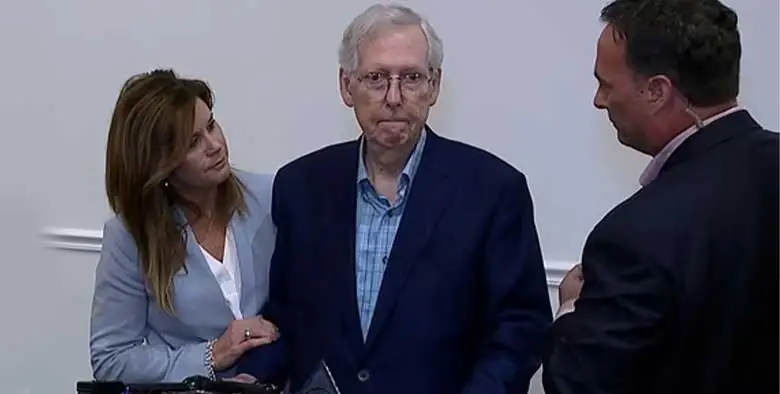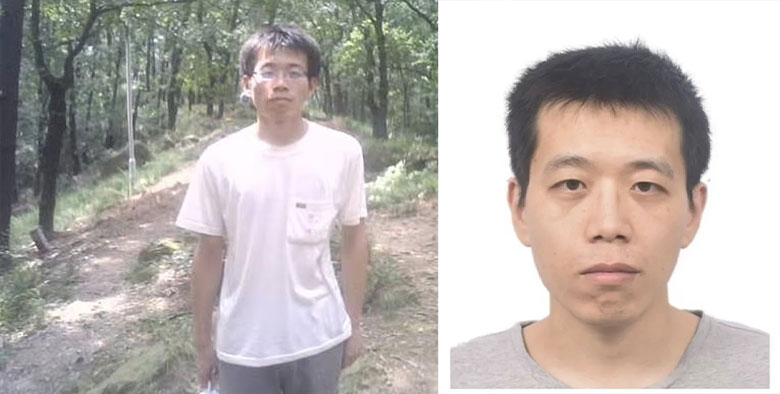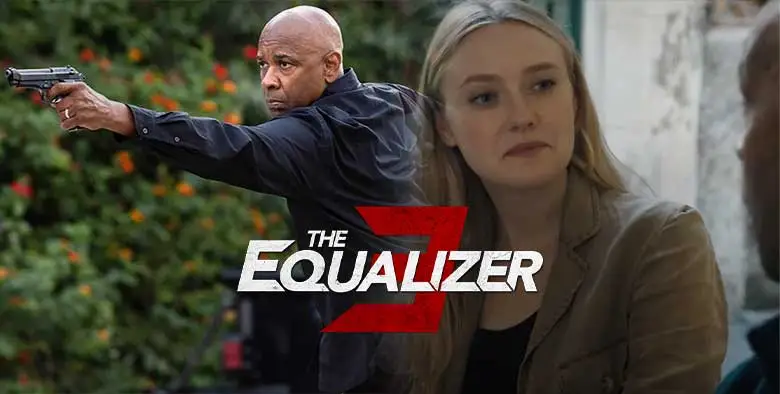- Know Everything About Nipah Virus, Which Is Back In Kerala Again
- Kevin Porter Jr Arrested On His Girlfriend’s Assault Charge
- Market Change Overnight - Know The 8 Things That Did It
- Who Are Alba Baptista And Chris Evans Married On The Weekend?
- Disrupted India vs Pakistan Asia Cup 2023 Match on Reserve Day
- 10 Common Foods That Contain No Calories or Are Very Low in Calories
- Men’s Styling Tips - Know the 9 Common Style Mistakes to Avoid
- Coco Gauff Beats Karoline Muchova and Reaches the US Open Final
- Danny Masterson Gets Life Sentence of 30 Years for Two Rapes
- Experience A Splendid Vacation in Kashmir with These 15 Gorgeous Sights
- India
- Friday , April 26, 2024
- Last Published Sep 12, 2023, 6:48:32 PM
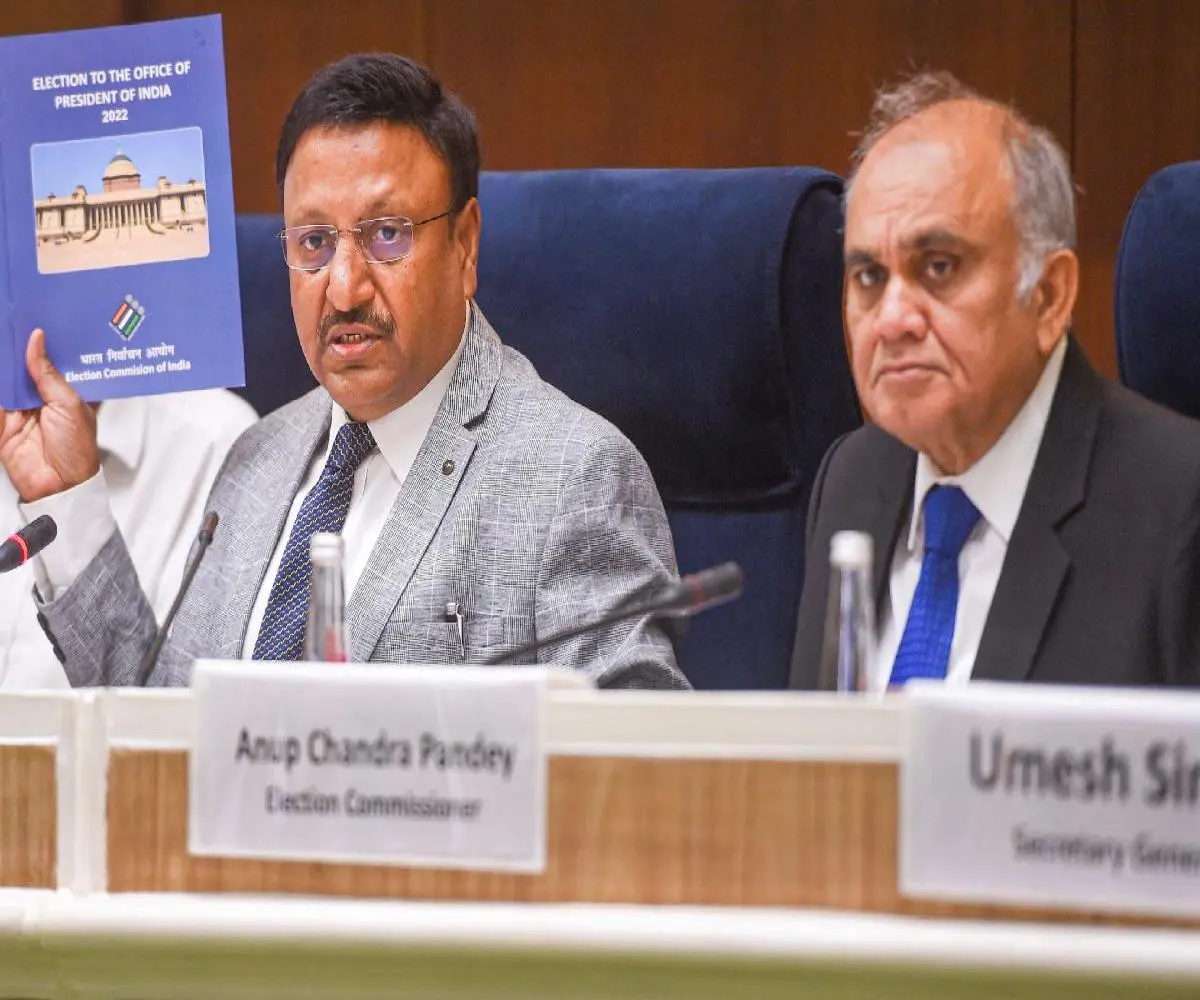
The Procedure of Presidential Election in India
Recently, the election commission of India released a notification regarding the Presidential election in India. According to the notification, polling will be held on 18th July, 2022, and the counting of votes would be done on 21st July, 2022. In the Presidential election 2022, a total of 4896 electors will vote. https://twitter.com/ECISVEEP/status/1534831956902301696/ The current President of India, Ram Nath Kovind, will complete his Presidential term on 24th July, 2022. And, according to the Presidential and Vice-Presidential Elections Act, 1952, the Election commission of India is responsible to issue a notification calling for elections. These elections are supposed to be conducted on or after the 60th day, before the term of the current President expires. There’s a complete dedicated procedure of Presidential election in India. Let’s study the process in detail.
Who Elects The President Of India?
Like any other democracy, the President of India is elected by the people of India. But this doesn’t happen directly, as citizens do not cast their votes directly in the presidential election. The representative chosen by the people of India vote in this election. Therefore, Indian Presidential election works on the concept of Electoral College, which means that the representatives sent to the public offices of State and National level by the people of India get a chance to vote for electing the President. Note: Only the elected members can vote in the Indian Presidential election, not the nominated ones.Who Can Be A Presidential Candidate?
The big question, who can become the President of India? Does an individual needs special qualities to be elected as the President of India? Well, the answer to this question is, No! Yes, anybody can become the President of India. However, he/she needs to fulfill certain eligibility criteria for acquiring the top-most position in the country. So, what are these additional conditions? Let’s take a look at them:- The candidate should be of at least 35 years of age.
- The candidate should qualify the terms and conditions to fight elections for the lower house of the parliament, Lok Sabha.
- The candidate should not hold any office of profit.
- The candidate should have official backing of a minimum 50 proposers and 50 seconders. This official backing can be attained by the public representatives of either State or National level.
Here’s How India Elects Its President!
The election for the President of India is a complicated process as compared to the Lok Sabha or the Prime Ministerial election. The President in India is elected by the members of an Electoral College, which includes the elected members of LS (Lok Sabha) and RS (Rajya Sabha). Besides, this Electoral College, there includes the elected members of the Legislative Assemblies of states and union territories, including Delhi and Puducherry. Furthermore, if the nominated members of Lok Sabha, Rajya Sabha or State Legislative Assemblies fail to meet the qualification necessary to be a part of the Electoral College, they cannot cast their votes. Finally, the Electoral College includes 543, 233, and 4120 members of Lok Sabha, Rajya Sabha and the State Legislative Assemblies, respectively. The total number of members combine to make 4896 electors for the Presidential elections.Now, Let’s Understand The Electoral Formula!
The Election Commission has cleared several aspects in this election. The commission stated that, ‘the value of the vote of an MP will be 700’. Further, the MPs who are in preventive detention can vote and the ones who are in jail will have to apply for parole, and if they are granted parole, they’ll be able to cast their vote. In addition, the Election Commission of India has made it clear that the electors will have to mark preferences against the names of the candidates, using a particular pen. This pen will be provided by the designated officials, and the Election Commission will inform about the same. So, considering these details, this year, the value of a MPs vote would be 700 for states, while the value of MLAs would differ because of the change in the population of the respective states and the difference in strength of the state legislative assemblies. There’s a formula that clears the picture while specifying the uniformity in the representation of different states. Take a look at this formula mentioned below: Total population of a particular state (according to 1971 census)/ total number of elective seats in state legislative assembly x1000 = Value of votes of members of Electoral College (MLAs)The Voting Procedure
The voting pattern in the Indian Presidential election is based on the system of proportional representation, which is recorded by a single transferable vote. This implies that the ballot paper doesn’t have any election symbol. Rather, there are two columns, as stated below:- The first column has the name of the candidates
- The second column has the order of preference



